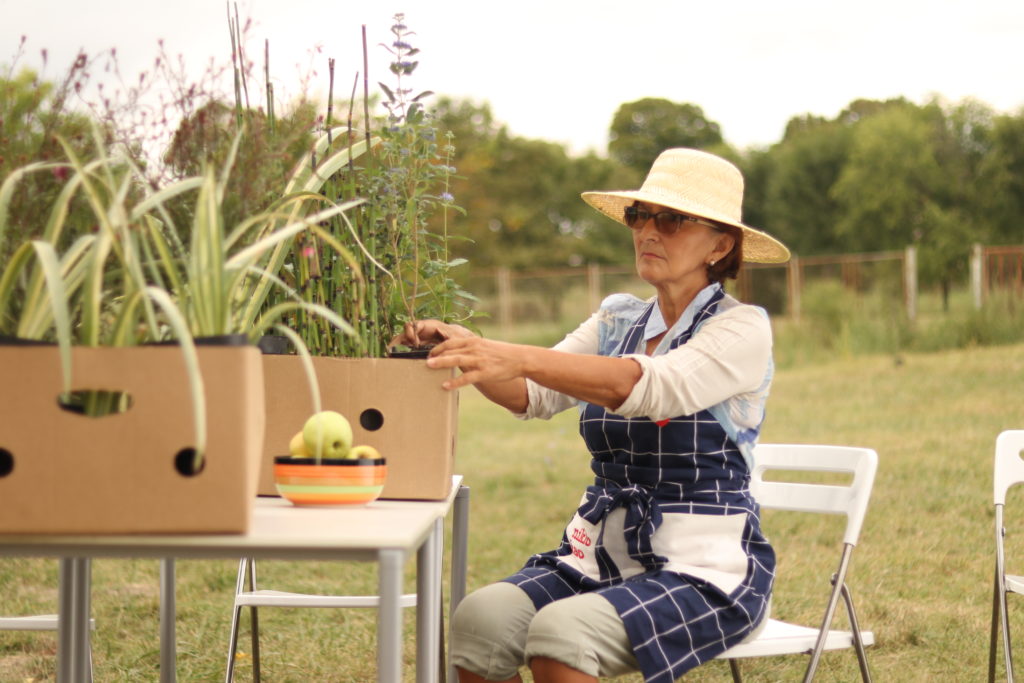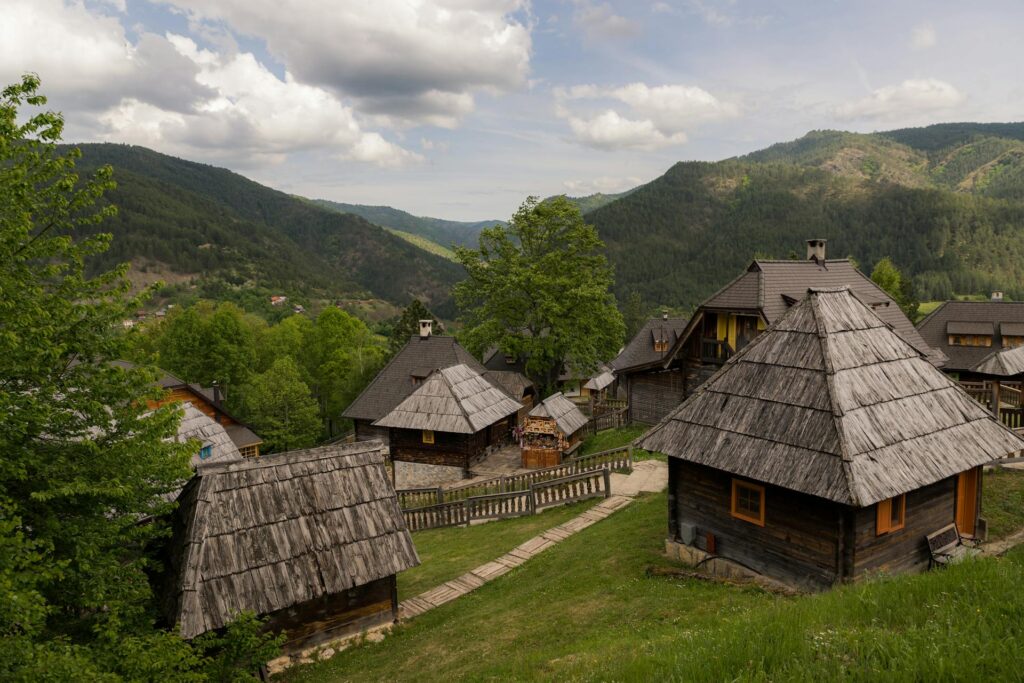I love meetings in big companies.
Usually, I go to share ideas with someone important, to give a decision-maker insight into how my team and I think about corporate social responsibility—what we know, what we could do together. Everything about it excites me: I relish planning the ingredients for the verbal cocktail I’ll serve, fine-tuning the perfect mix of humor, seriousness, business proposals, and casual chatter. It thrills me to remember what they mentioned was important last time we met, what was supposed to deliver results by now, so I can ask about it—people really appreciate that. The most satisfying little details, though, are the business manners that go with it—what I’ll wear, which pen to bring, whether I’ll drive, get a ride, or just walk. (A Balzacian description of my simple trade: I sell. The numbers say I’m good at it.)
Eight times out of ten, I’m meeting a powerful, highly capable woman at the peak of her career—mid-thirties, in charge of communications, sometimes marketing and innovation for the company or even the entire group. That’s just how it is in my line of work: social responsibility, CSR, almost always falls under communications.
But in conversations with these impressive women, I learn that their job titles are just the tip of the iceberg. Without fail, they’re also heading the corporate foundation (if the company has one), juggling internal and external comms, putting out every business fire that flares up, staying in constant contact with top management, wrangling a chaotic flock of agencies, consultants, and subcontractors, and overseeing million-dollar (or dinar) PR and marketing budgets. On top of all that, they’re the ones deciding where to invest in the community, all while under insane pressure to deliver both a positive social impact and an impeccable corporate image—oh, and, if possible, double-digit sales growth this quarter. As if that weren’t enough, here’s the kicker: these powerhouse women usually hold the title of Communications Director, but with no team to direct, no one to delegate to—they carry the weight of the company (and the world) on their shoulders alone. And they do it so well that the rest of us in the business (read: men) should be ashamed. It’s even more obvious when you look at their personal achievements: one of the most successful women I know in this league is also a decorated triathlete, another runs an organic orchard and farm outside Belgrade, and a third (when, for God’s sake?!) walks fashion runways in her free time. Their family lives are rich, complex, and mostly on their shoulders.
The other day, I listened to Jovana Tufegdžić, External Communications Manager at Coca-Cola HBC, at a summer gathering by Represent Communications. With effortless cool, she explained how there has to be a clear link between a company’s core business and its good-cause initiatives—“so there’s always time and people to make a CSR project happen, the budget, everything falls into place when the idea is good.” I listened and thought: “Yeah, sure, it all magically falls into place—after she’s already planned and set it all in motion while juggling a hundred other things, like all her colleagues do!” Then it hits me: while I’m out here picking out fountain pens and ties, telling myself these little details spark new ideas, the truth is—they have nothing to do with making a real impact. It’s just vanity.
Without Jovana, and so many other women who create real value—without those who are both the boss and the powerhouse, the ones who get it all done—without them, we (our companies, these articles you’re reading, society itself) would’ve gone straight to hell.
So, did you pick out a pocket square this morning? Me too. But let’s be real—we all know who’s here to pose, and who’s here to work.


